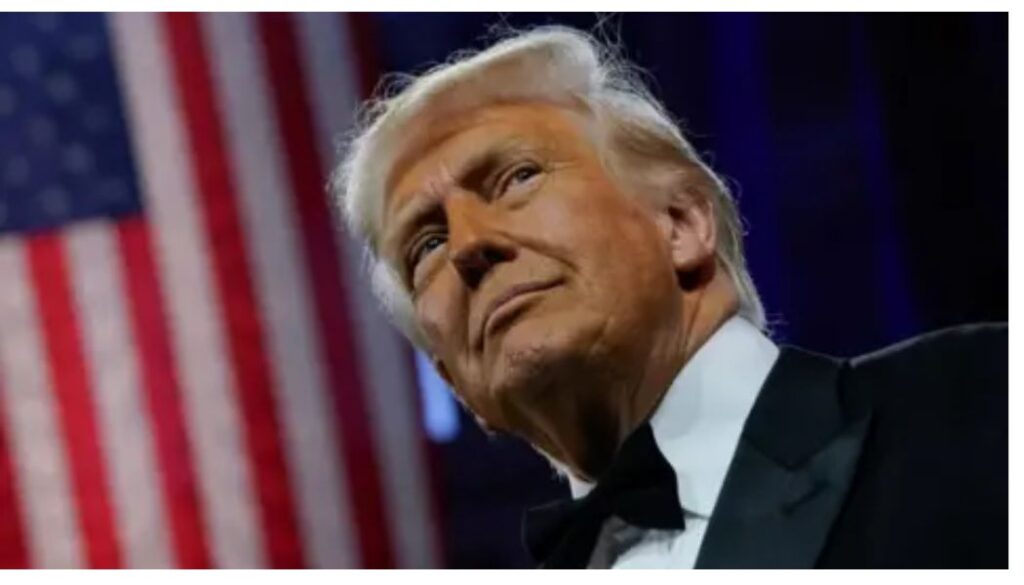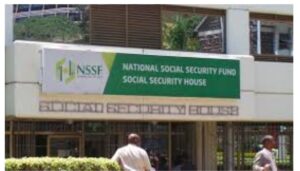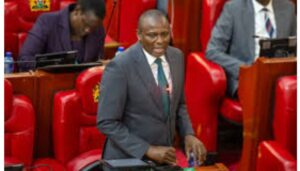U.S. says Kenyan government officials still soliciting bribes from American investors

U.S. says Kenyan government officials still soliciting bribes from American investors
The U.S. has yet again flagged rampant bribe requests and extortion of American investors by Kenyan government officials to secure tenders.
Last year, Washington pointed out the issue among its top trade barriers with Nairobi, saying U.S. firms had had very limited success bidding on Kenyan government tenders, with corruption being a significant concern.
Now, the United States Trade Representative’s office, in its 2025 National Trade Estimate (NTE), says corruption persists and often influences the outcome of Kenya’s public tenders.
“Tenders are often not announced in a timely and transparent manner. Foreign firms, some without proven track records, have won government contracts when partnered with well-connected Kenyan firms or individuals,” Jamieson Greer’s office notes.
And despite Kenya’s procurement digitisation push to boost transparency, America says systems such as the Integrated Financial Management Information System (IFMIS) remain ineffective.
“Concerns about IFMIS include insufficient connectivity and technical capacity in county government offices, central control shutdowns, and security gaps that render the system vulnerable to manipulation and hacking,” notes President Donald Trump’s trade advisor.
Similar to last year, the report further notes that U.S. companies have raised concerns about the length of time required for Kenyan customs to release shipments.
It flags what it calls a “complex and inefficient process” that involves “many steps with uncoordinated offices”, inconsistent application of classification and valuation decisions, as well as “unnecessary transit inspections.”
At the same time, the U.S. has noted the widespread availability of counterfeit and pirated goods in the Kenyan market.
“Kenya signed the World Intellectual Property Organization (WIPO) Copyright Treaty in 1996 but has yet to ratify it,” Greer’s office says.
This is an international treaty on copyright law adopted by the member states of WIPO, a U.N. agency specialising in intellectual property, in 1996.
Government to do salary review for all civil servants
Nakuru morgue on the spot for exploiting grieving families
CS Murkomen demands arrests of politicians behind Gachagua goon attack
High Court orders arrest of Agnes Tirop murder suspect after going into hiding
Gates Foundation to continue work in Kenya despite withdrawal of diplomatic immunity
More taxes to be introduced in the 2025 Finance Bill; Finance Committee
Still, Washington says Nairobi’s customs recordation system and Import Permit application requirements are still not enforced, despite adding additional costs and resources for Americans bringing products containing intellectual property into Kenya.
The U.S. Trade Representative’s report comes days after Kenya began rolling out the end-to-end Electronic Government Procurement (e-GP) System to crack down on graft in national and county government contracting.
The IFMIS-integrated system is part of the International Monetary Fund (IMF)-backed reforms to streamline government procurement. The National Treasury anticipates reduced cost of goods, works and services, increased transparency, lower procurement cycle time, accountability, and enhanced procurement information management.
Kenya seeks to do away with supplier and contractor exploitation by rogue and corrupt players handling payments and disbursement approvals at government offices.
Government defends Muturi’s security withdrawal
KDF officers deployed to demolish sinking 11-storey building in Mombasa
Autopsy reveals how Multimedia University student Sylvia Kemunto was murdered
Former minister and MP is dead
Ministry of Health announces cholera outbreak
State withdraws Justin Muturi security personnel
Farmers Party announces exit from Ruto’s Kenya Kwanza Coalition
US development foundation terminates grants to Kenya
Follow us







